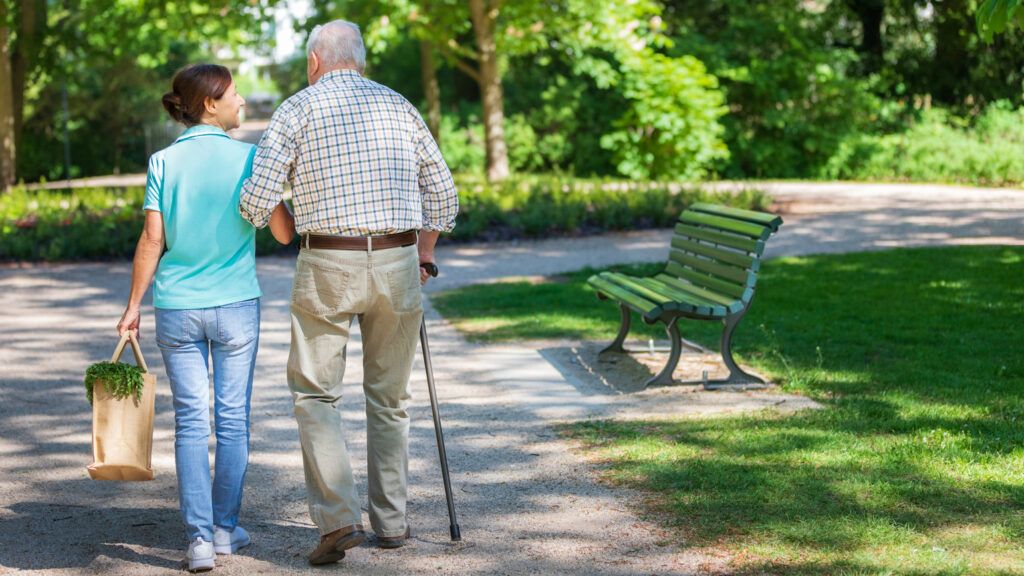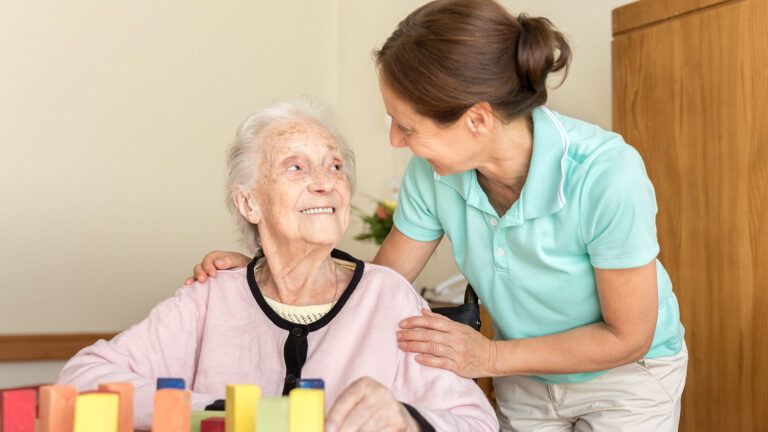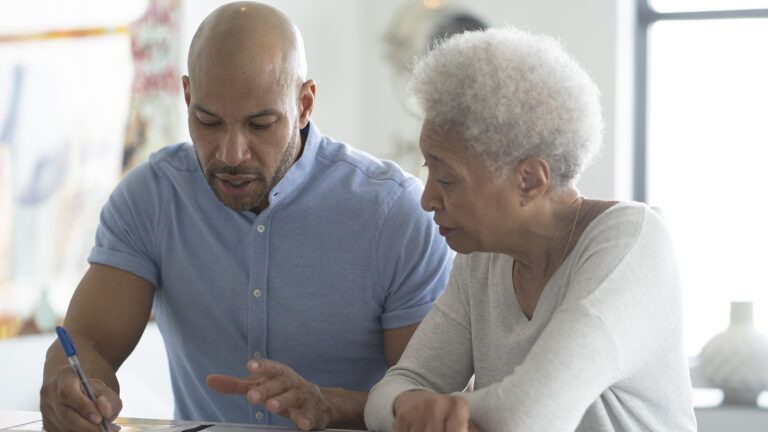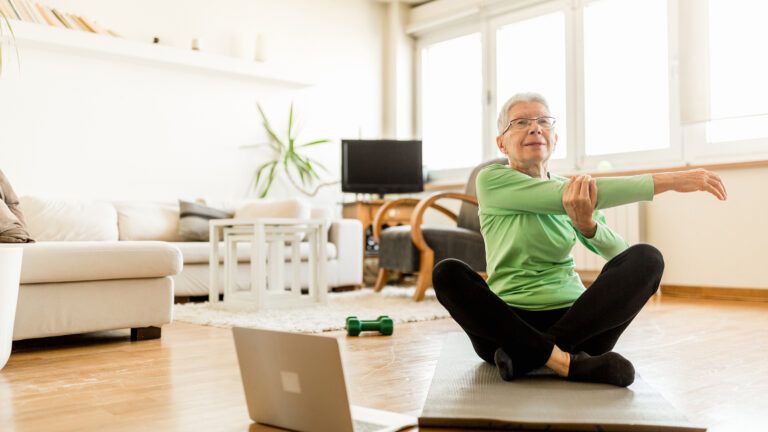Sarah Nicolay is a Research Assistant and Dementia-Inclusive Community Project Coordinator at Benjamin Rose Institute on Aging
It’s a timeless adage: When you give, you get back. For older adults who venture into the volunteer force, this is abundantly true. With years of life and work experience at their backs, they have a wellspring of knowledge and skills to offer others. But the benefits of volunteering reach well beyond those experienced by the recipients of charitable acts. When people become civically involved as they age, they can enjoy a range of positive effects on their own health and well-being.
Research has shown that volunteerism in later life provides benefits such as improved health, fewer depressive symptoms, better life satisfaction, increased self-esteem and larger social networks (Godfrey, M., Randall, T. (2003). Developing a Locality-Based Approach to Prevention with Older People. Nuffield Institute for Health-University of Leeds). In the United States, volunteers aged 65 and older spend an average of 94 hours volunteering each year. As a trained and educated generation, people 65 and older have the potential to be an impressive social resource when devoting their knowledge and skills to their communities (Harvard School of Public Health/MetLife Foundation. (2004). Reinventing Aging: Baby boomers and civic engagement. Boston: Harvard School of Public Health, Center for Health Communication). If you want to get your loved one more engaged in fun and meaningful activities, remember that volunteering can help increase energy, improve mood and communication and provide things to look forward to and take pride in.
One network working to foster volunteer opportunities for people 55 and older is the Senior Corps. You and your loved one can spend time concentrating on vital community needs such as elder care, preventing elder abuse, renovating homes, assisting victims of natural disasters and becoming foster grandparents. With programs in local communities all over the country, the nearly 200,000 Senior Corps volunteers are learning new skills, making an impact in their community and living happier and healthier lives (Corporation for National and Community Service (nd). Senior Corps and Health Benefits).
As a part of the Senior Corps, the Retired Senior Volunteer Program (RSVP) is one of the largest volunteer networks in the country for people 55 and older. One program developed at the Benjamin Rose Institute on Aging in collaboration with RSVP utilizing these volunteers is Seniors Making Connections through Music, a group music program designed to engage persons in the moderate to advanced stages of dementia. It involved thetraining of 21 RSVP volunteers to lead or assist with the program. The volunteers were mostly female (95 percent) and educated (80 percent had a college or advanced degree), with more than half reporting professional or personal experiences with dementia (62 percent).
By using their personal and professional knowledge and experiences, the volunteers were able to conduct and sustain the intervention while learning more about dementia and assisting peers in their community. Participating in a program like this benefits not only the older adults with dementia, but the volunteers themselves: after all, research shows that music programs can decrease anxiety, increase social connections and, when the music is tied to reminiscence and past memories, it can help keep long-term memory fresh.
You and your loved one may want to explore other programs that Senior Corps offers. For example, Senior Companions, would allow him or her to provide assistance and friendship to fellow older adults and support them with daily tasks, like buying groceries or paying bills. An additional Senior Corps offering is the intergenerational program Foster Grandparents. It would give your loved one the chance to mentor and support children with special needs or troubled backgrounds and help them work toward a successful future. Both programs are great ways for older adults to socialize, connect with people, utilize their skills to make a difference and remain active in their communities.
If you aren’t sure where to start, think about what sparks your loved one’s passions, and check into volunteer opportunities in those areas. You might also explore the following for ideas:
· Senior Centers
· Religious institutions in the area
· Food Banks
· Animal Shelters
If those are not feasible options for your loved one, there are other ways to remain active and engaged. For instance, if setting up a room for a senior center or church event isn’t possible, a good alternative may be to hand out programs or help out as a greeter. Those who can’t volunteer themselves may also want to try participating in activities with volunteers. Your loved one could take part in a program like Benjamin Rose’s Seniors Making Connections Through Music as a participant, or could have a Senior Companion. As long as you stay focused on what your loved one enjoys doing and is good at, volunteering can be wonderfully beneficial.





